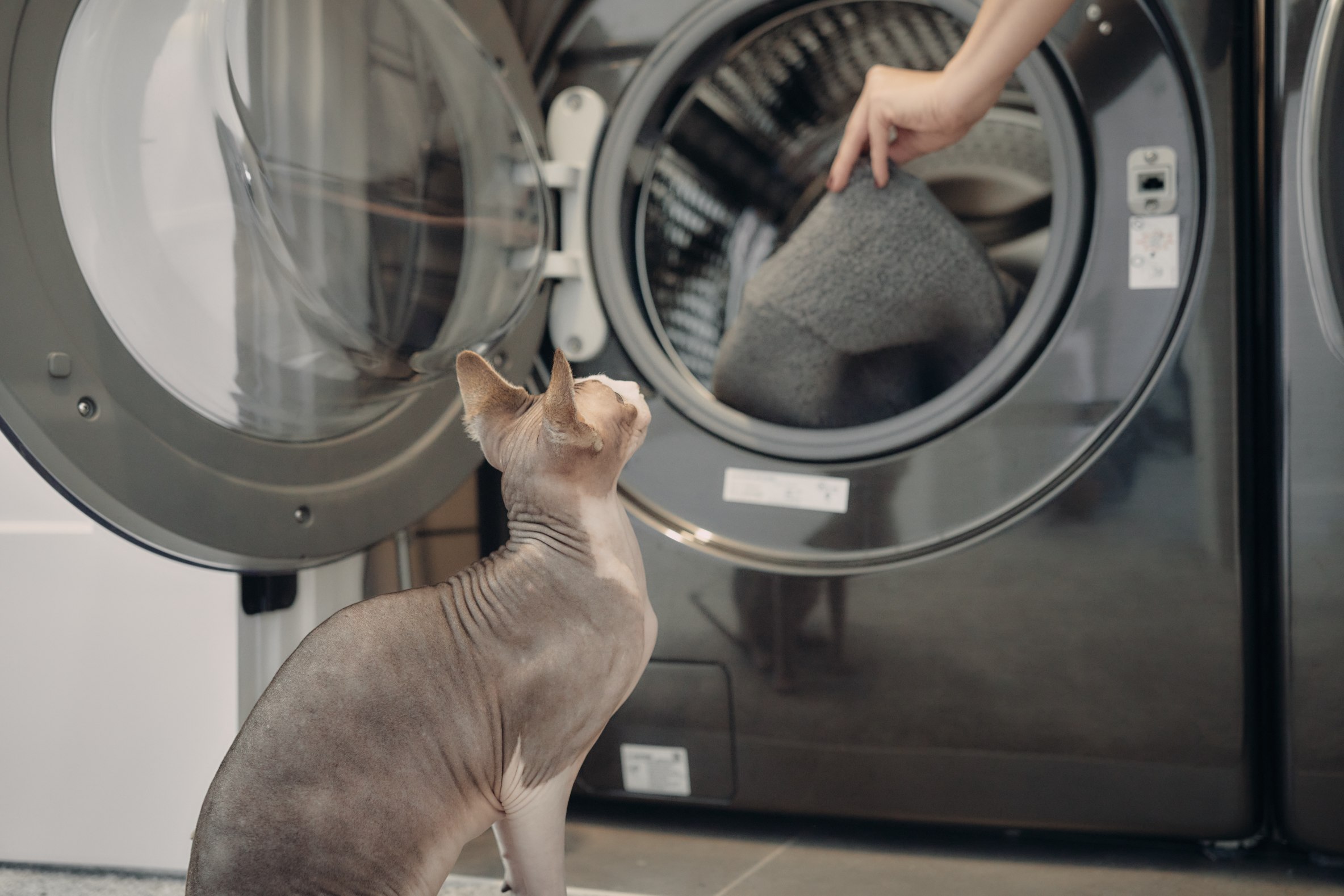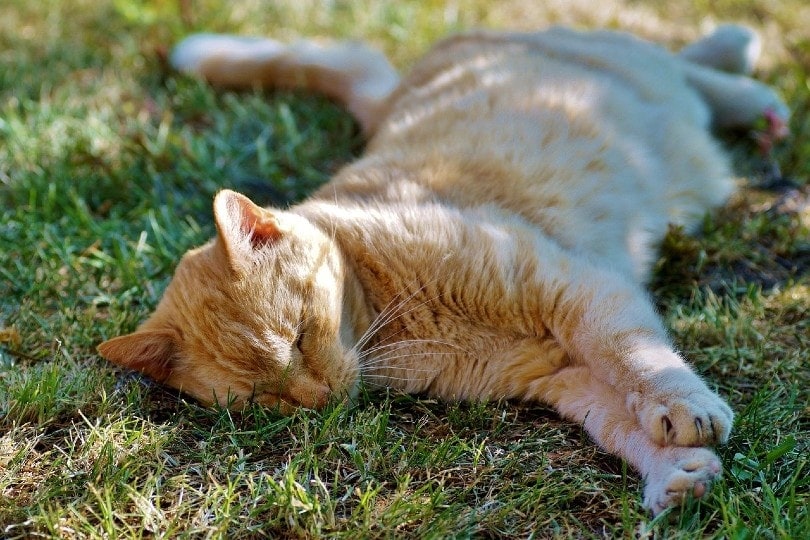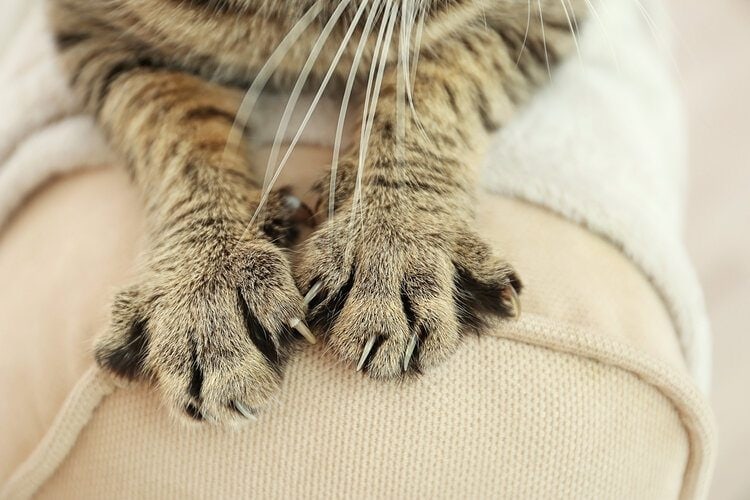Can My Cat Get Fleas in the Winter? Vet Approved Facts & Advice

Updated on
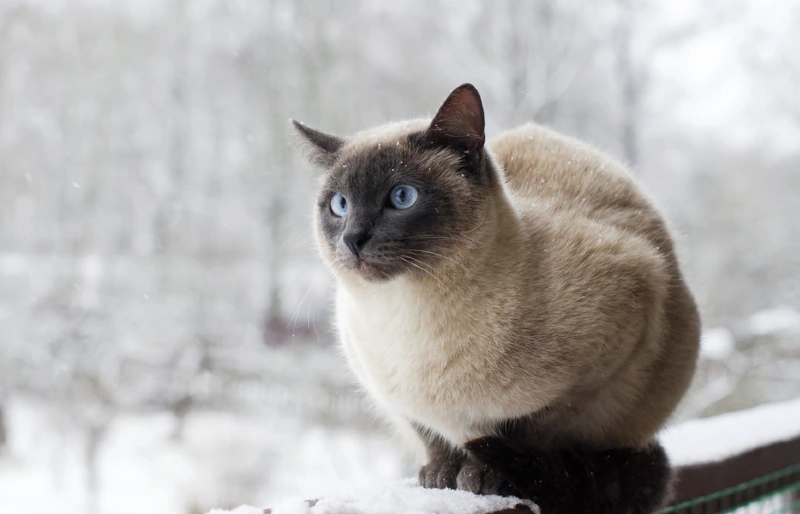
Click to Skip Ahead
Fleas are a common problem in felines. They can easily spread in your home and are particularly hard to get rid of. While most pests cannot survive the harsh winter weather, fleas do not necessarily disappear in cold weather conditions. Your cat can still get fleas in winter because they simply hop from one animal to another and multiply. So, fleas are simply an all-year-round problem, and the owners need to look for a solution even during winter.
Read on to learn more about flea infestations in cats during winter and common signs to look for. We will also highlight tips for keeping your cat healthy.
Do Fleas on Cats Die in the Winter?
If winter temperatures plummet below 30.2 degrees Fahrenheit and remain so for a minimum of 5 days, fleas will start dying. If the temperatures level out to below 46 degrees Fahrenheit, fleas will die after 10 to 20 days.
However, these insects can survive the cold winter weather if they can find a warm and cozy place to hide. Years of survival have taught the pests to stay alive during colder months by moving indoors or finding a suitable host.
Therefore, they will remain active when temperatures are above freezing, and your cat’s body may be just what they need to weather the period. They will prefer getting into your cat’s fur coat instead of your clothes because it is warmer. So, your cats will still be at risk of flea infestation.
Like bed bugs, fleas are a particularly stressful parasite, especially during winter because they do not hibernate. They will just move indoors and continue to mate. Once in your home, they will be hard to remove because they love hiding in blankets, pillows, carpets, and couches.
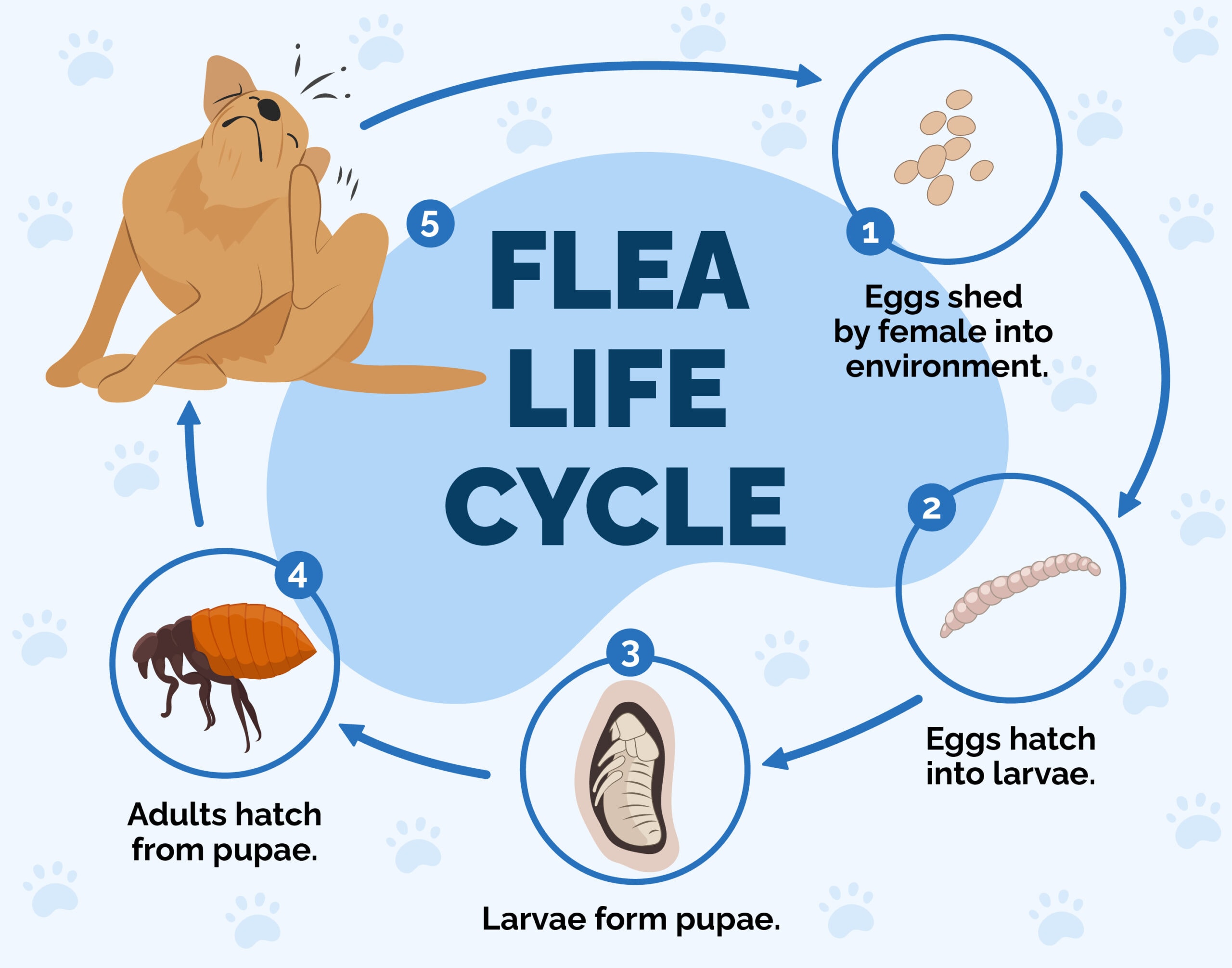
Common Signs of Flea Infestation in Cats
- Scratching: If you notice that your cat is excessively scratching their body, this may be a sign of fleas.
- Licking or Biting: Cats often lick or bite the flea-affected area to relieve the itching.
- Hair Loss: Excessive biting and scratching due to flea bites can easily lead to hair loss on your cat’s body.
- Flea Dirt: Flea dirt simply refers to tiny black specs on your cat’s fur skin, which is usually the first sign of flea infestation.

 Top 7 Tips To Keep Your Cat Safe From Fleas During Winter
Top 7 Tips To Keep Your Cat Safe From Fleas During Winter
Despite the obvious discomfort from the itching, fleas can even cause allergic reactions in some cats. These pests are even more dangerous to kittens because they can lead to medical conditions such as anemia.
They are also known to spread tapeworms and even cat scratch disease to humans. Therefore, it is important to adopt flea prevention and control habits to ensure that your cat stays healthy and safe.
Below are some of the most common proven ways of managing flea infestation in your home or on your cat.
1. Treat With Veterinary Approved Medications
As soon as you notice fleas on your cat, reach out to your vet. Fleas can be quite harmful to your cat’s overall health. Your vet can then provide the best solution to the problem in the form of medication. These products have active ingredients that are more reliable at killing fleas and their eggs much faster.
They can be in a spot-on form, which is applied on the neck and absorbed into the body. There are also tablets that work well at killing fleas. Your choice will depend on the age, size, and general health condition of your cat and your vet’s preference.
2. Keep Your Yard Clean
Usually, fleas thrive in heaps of pebbles and stacked piles of leaves. The more clutter in your compound, the more places that fleas can hide, especially during winter. So, make sure to regularly clean your yard and remove any potential flea-hiding spaces.

3. Regularly Vacuum Your House
Vacuum your house regularly to get rid of flea eggs before they hatch. Thoroughly clean cushioned furniture, carpets, crevices, and cracks in your floor. This method will also get rid of living fleas. But remember to throw away the vacuum bag afterward.
4. Wash Your Bedding and Clothing Often
As a rule, you should wash your clothes at least once a week. This involves removing sofa coverings, bedding, or any other materials that your cat regularly interacts with. To ensure that the fleas do not survive washing, use hot water.
5. Leave Your Footwear Outside When Getting Into Your Home
If you must walk through the grass on your front lawn to get into your house, it’s best to leave your shoes outside. This will not only keep your interior home environment clean and appealing, but it will also reduce the possibility of dragging these pests into your home.
6. Apply Flea Spray
Pet-safe anti-flea home spays are available. Some plant-based formulas are safe to use in households with pets to help get rid of fleas. Follow the safety instructions carefully to ensure your pets’ safety before applying any product in or around your home. A DIY citrus spray will be a suitable alternative if you are concerned with using chemicals in your home.
7. Groom Your Cat at Least Once a Week
Regularly grooming your cats helps maintain their coat as well as allows you to check for fleas on their fur. It is also a great opportunity to bond with your furry companion.
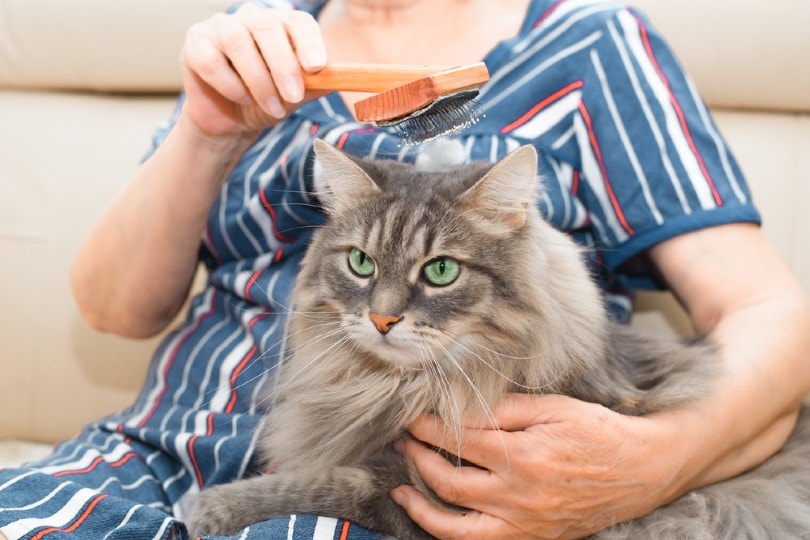
Conclusion
Flea infestation is a major cause of stress in cats and can even be fatal if not detected early and prevention measures put in place. Your cat is still at risk of infestation, even in winter.
Keep your home clean to minimize and prevent flea infestation, especially if you suspect your cat may be hosting the parasites. Regularly grooming your cat will also help you detect pests as well as strengthen your bond.
Featured Image Credit: Rodica Vasiliev, Shutterstock


 Top 7 Tips To Keep Your Cat Safe From Fleas During Winter
Top 7 Tips To Keep Your Cat Safe From Fleas During Winter